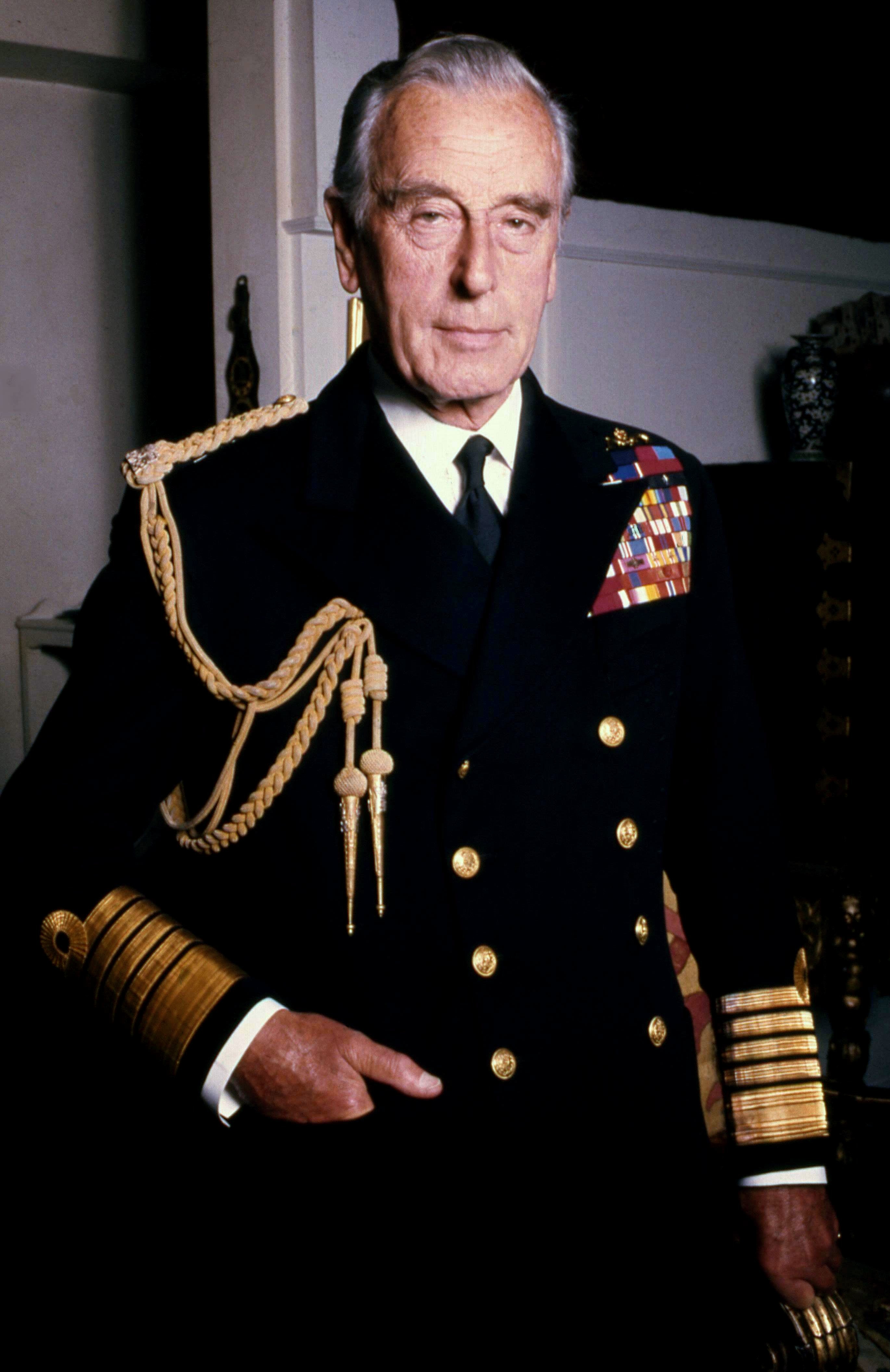Quebec Conferences were two strategic conferences that took place in the Canadian city of Quebec during World War II (1939-1945). Both conferences were discussions between Franklin Delano Roosevelt, the president of the United States, and Winston Churchill, the prime minister of the United Kingdom.
The first Quebec Conference, known as the Quadrant, was held from Aug. 11 to Aug. 24, 1943. It approved the appointment of British admiral Louis Mountbatten as supreme commander of the Allied forces in southeast Asia and discussed plans for the invasion of Italy and France. But U.S. and British strategic advisers could not agree on how to coordinate the campaign in Italy with the proposed landings in Normandy, France. As a result, further discussions had to be held in Moscow, Tehran, and Cairo later in 1943. 
The second Quebec Conference, the Octagon, was held from Sept. 11 to Sept. 16, 1944, three months after the Normandy landings. With the Western Allies now driving the German forces out of France, Roosevelt and Churchill planned intensified bombing raids on Germany and adopted a unified strategy against Japan. But they decided to split their forces and attack Germany on two western fronts. The decision not to make a combined attack on Berlin allowed the forces of the Soviet Union to take possession of the German capital. This situation was to be of prime significance in the later Cold War between the Soviet Union and the West.
